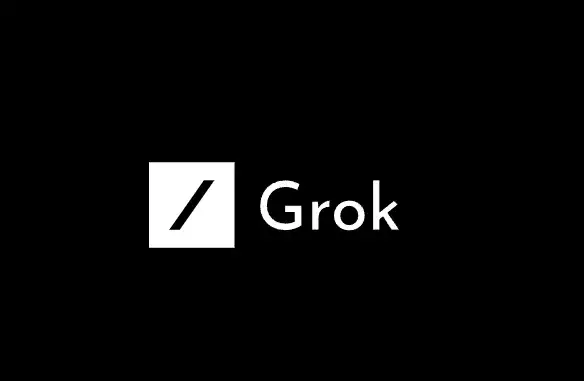The arrival of Elon Musk’s non-woke Grok AI chatbot has finally broadened access to all X users, transitioning from its previous exclusivity to X Premium subscribers, who represent a mere fraction of the platform’s audience. Grok has been introduced with a portfolio of features designed to enhance user interaction and engagement—everything from answering questions and generating images to providing context for posts and crafting humorous responses via its “Unhinged Fun” mode. However, this shift raises an important question: are AI chatbots truly aligned with the foundational purpose of social media, which is to foster genuine human interaction?
It seems every major social media platform, from Meta to LinkedIn, is rushing to incorporate AI elements, often under the guise of assistance. But one must critically assess what “assistance” truly means in this context. When AI begins generating posts on behalf of users, does that not undermine the very essence of social media—sharing personal thoughts and perspectives? As social platforms are inherently built for interaction between human beings, imbuing them with generative AI tools might seem contradictory to their original design.
While the aim is to democratize media, populating feeds with AI-generated content could dilute authentic expression. The core appeal of social media lies in individual voices contributing to the collective discourse. Hence, the introduction of AI chatbots raises concern about the potential erosion of this authenticity. If AI generates content, we risk migrating away from meaningful dialogue toward a landscape populated with hollow communication, which may not resonate with the community.
This discussion centers on the broader implications of generative AI, particularly in social media contexts. While AI undeniably offers efficiencies and improvements across various sectors, we should question its application within social platforms. Take, for example, the legal profession. AI-generated insights could save lawyers countless hours of research by presenting alternative arguments or pertinent case law, but their effectiveness hinges on human expertise. Thus, AI may enhance the productivity of professionals but cannot replace the essential human judgment involved in applying its outputs.
This same principle needs to be acknowledged in the realm of social media. While generators can assist with mundane tasks—such as sifting through data trends—real social interaction still demands human thought, creativity, and emotional connection. Therefore, the increasing hype around AI may mask its actual capabilities, which are more about improving workflow and less about revolutionizing the human experience.
The AI Hype Machine and Its Fallout
Despite the considerable media buzz, it is crucial to temper expectations regarding AI’s revolutionary capabilities. While the vision of artificial general intelligence—machines thinking independently—looms tantalizingly on the horizon, we’re far from realizing that goal. Current AI systems function more as sophisticated data processors than as autonomous decision-makers. This could result in disillusionment as users expect AI to deliver on promises it cannot fulfill, leading to frustration and skepticism toward these technologies.
The push for AI functionalities in social media platforms might not yield the significant value that many proponents envisioned. While innovative uses for AI do exist, such as offering analytical insights into user trends or aiding in digital content creation, the average user may not find them as beneficial or engaging. This raises another critical point: will the inherent novelty of AI generated content be enough to maintain user interest? Or will it be perceived as a gimmick that detracts from the authentic experiences that users seek on these platforms?
Despite the fascination surrounding AI chatbots like Grok, a significant portion of users may remain indifferent to its potential uses. In a world where individuals crave genuine connections, the reliance on AI could fracture the fabric of social engagement rather than enhancing it. While these tools might serve specific purposes, such as trend analysis or narrow applications within niche communities, their overall impact on user experience in environments like X, or even Facebook and Instagram, seems minimal.
As users increasingly turn to these platforms to share their specific perspectives and narratives, the AI tools that promise to enhance these experiences must effectively resonate with the need for authenticity and connection. At the end of the day, despite the allure of AI, the foundations of social media must prioritize human interaction—embracing the messiness and beauty of shared experiences. The question remains: will Grok and its contemporaries play a pivotal role in this journey, or will they merely be background noise in the ever-evolving conversation about our digital lives?


Leave a Reply